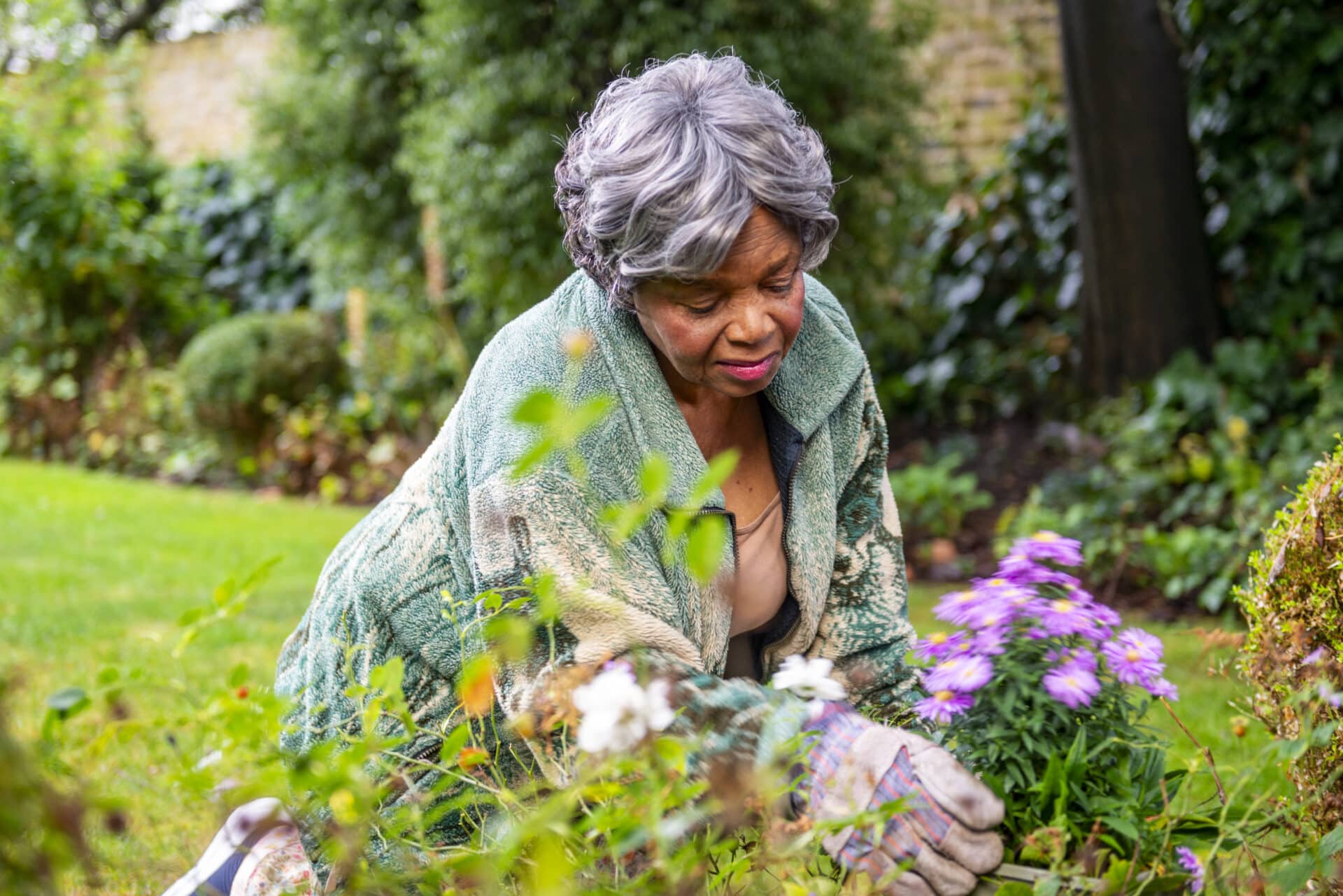Exercises that help Dementia.

Dementia is a progressive condition characterised by cognitive decline, memory loss, and impaired ability to perform daily activities. While there is currently no cure for dementia, research suggests that engaging in regular physical and cognitive exercises may help slow the progression of symptoms, improve overall well-being, and enhance quality of life for individuals living with dementia.
In this article, we’ll explore the benefits of exercise for dementia and discuss various exercises that may be beneficial for individuals with this condition.
Benefits of Exercise for Dementia:
- Cognitive Benefits: Regular exercise has been shown to improve cognitive function, including memory, attention, and executive function, in individuals with dementia. Exercise stimulates the production of neurotrophic factors, which promote the growth and repair of brain cells, leading to enhanced cognitive performance.
- Physical Health: Exercise can help maintain physical health and mobility in individuals with dementia by improving strength, balance, and flexibility. This can reduce the risk of falls, injuries, and other health complications associated with decreased mobility and physical activity.
- Mood Enhancement: Exercise has positive effects on mood and emotional well-being, reducing symptoms of depression, anxiety, and agitation commonly experienced by individuals with dementia. Physical activity releases endorphins, neurotransmitters that promote feelings of happiness and relaxation, leading to improved mood and overall quality of life.
- Social Engagement: Participating in group exercise activities promotes social interaction and engagement, providing opportunities for individuals with dementia to connect with others, build relationships, and combat feelings of loneliness and isolation.
Types of Exercises for Dementia:
- Aerobic Exercise: Aerobic exercise, such as walking, cycling, swimming, or dancing, increases heart rate and oxygen flow to the brain, promoting cognitive function and cardiovascular health. Aim for at least 150 minutes of moderate-intensity aerobic exercise per week, or as tolerated.
- Strength Training: Strength training exercises, such as lifting weights or using resistance bands, help maintain muscle mass and strength, improve balance, and reduce the risk of falls. Incorporate strength training exercises into your routine at least two days per week, focusing on major muscle groups.
- Balance and Flexibility Exercises: Balance and flexibility exercises, such as yoga, tai chi, or gentle stretching, improve balance, coordination, and range of motion, reducing the risk of falls and enhancing mobility. Practice balance and flexibility exercises regularly to maintain physical function and independence.
- Cognitive Exercises: Cognitive exercises, such as puzzles, memory games, or brain-training apps, stimulate mental activity, improve memory, and enhance cognitive function. Engage in cognitive exercises regularly to challenge the brain and maintain cognitive abilities.
- Functional Exercises: Functional exercises focus on activities of daily living, such as dressing, grooming, or cooking, and help individuals with dementia maintain independence and autonomy in daily activities. Encourage participation in functional exercises to promote physical and cognitive function.
In conclusion, exercise plays a crucial role in promoting physical and cognitive well-being for individuals living with dementia. By engaging in regular physical and cognitive exercises, individuals with dementia can improve cognitive function, maintain physical health and mobility, enhance mood and emotional well-being, and promote social engagement and interaction. It’s essential to tailor exercise programs to meet the individual needs and preferences of each person with dementia, ensuring that they can participate safely and comfortably. By incorporating exercise into daily routines and activities, individuals with dementia can enjoy a higher quality of life and greater independence for as long as possible.
How can Caremark help with Dementia?
Dementia Care in Guildford & Woking in the Comfort of your own home
Acknowledging the Importance of Comfort and Familiarity for individuals with dementia, our dementia care services in Guildford & Woking prioritise these aspects. Our skilled care assistants are trained in dementia care, providing empathetic assistance within the confines of the individuals’ own homes. From aiding in daily routines to promoting mobility and facilitating cognitive engagement through stimulating activities, our focus is on upholding safety and regularity. Through these efforts, we empower our customers to retain a sense of routine and fulfilment in their lives.
Compassionate and Empathetic Dementia Care in Guildford & Woking
Our individualised approach to dementia care is designed to cater to the distinct requirements and desires of every person. Following a thorough assessment, our team crafts a flexible care strategy that adjusts as the condition advances. Recognising the variability of dementia’s manifestations, our care assistants exhibit adaptable and compassionate responses to shifts in behaviour and memory. Our ultimate aim is to offer care that honours each individual’s identity and life journey.
Relief-Oriented Dementia Care: Strengthening and Uplifting Families
Understanding the emotional and physical challenges of caring for a beloved family member with dementia, we’re here to help. We provide families with helpful resources and guidance, helping them gain a deeper understanding and better coping strategies for dealing with dementia. Our main goal is to offer consistent support and reassurance to families throughout their journey in dementia care.
Dementia care Guildford. Dementia care Woking.
#caremark #homecare #abuse #elderly #elderlycare #careathome #guildford #woking #carehome #residentialcare